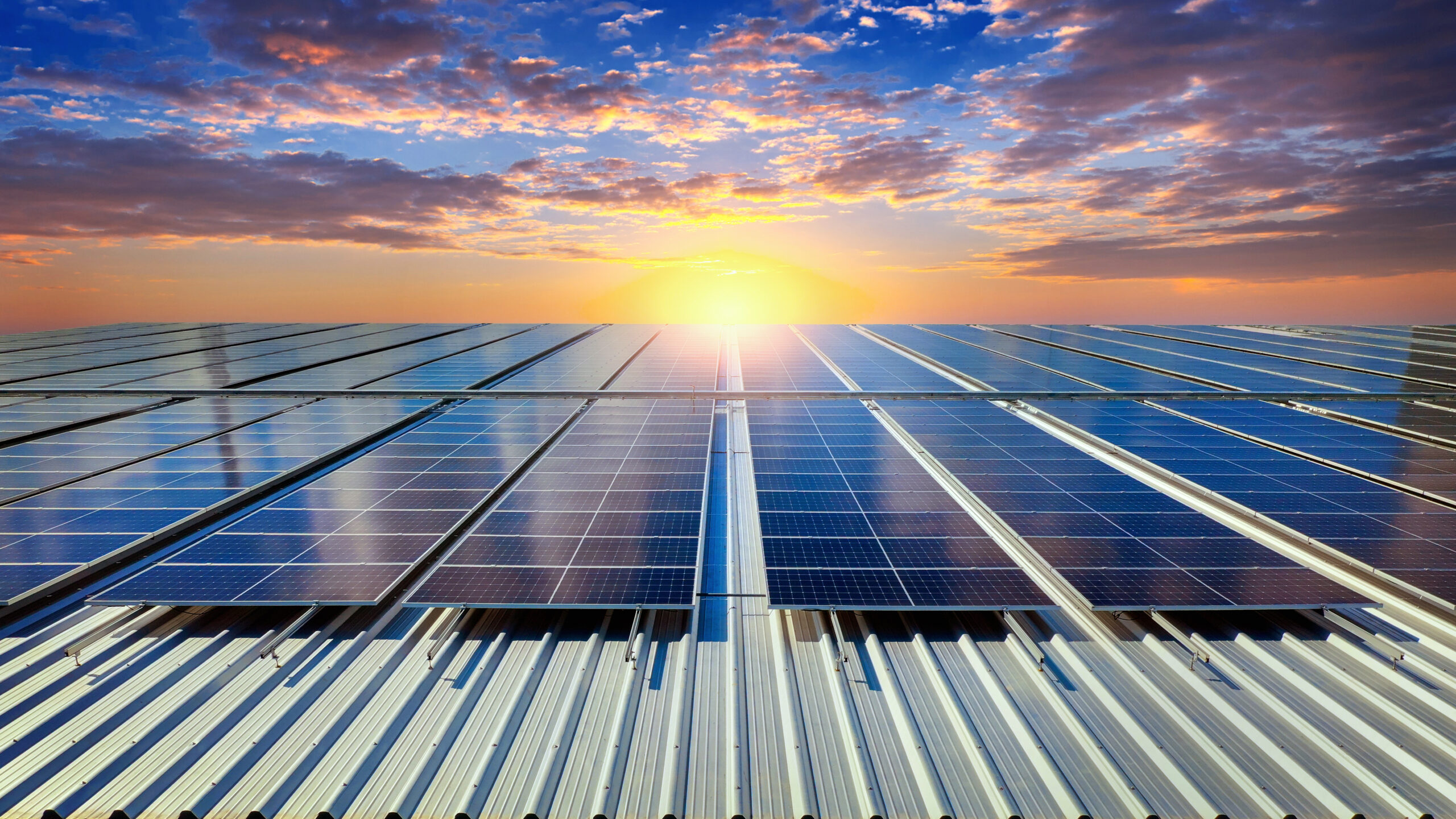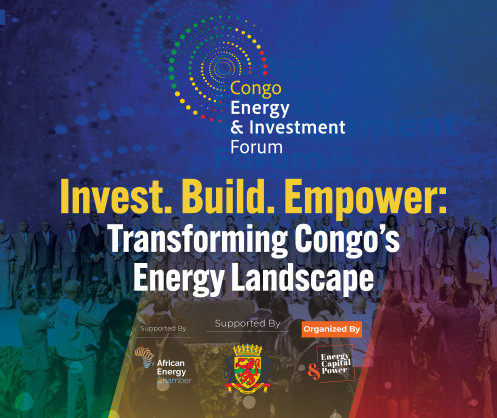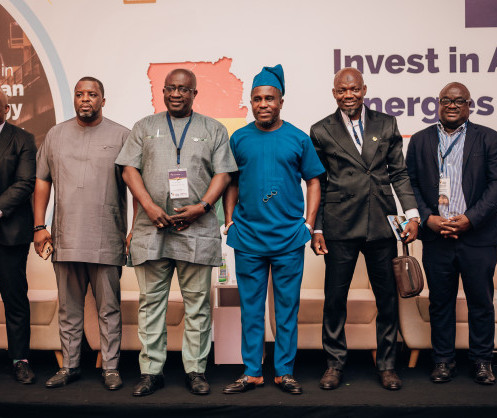
Financing
- Approval date 1 March 2023
- Project name: Dekemhare 30-megawatt photovoltaic solar power plant project in Eritrea.
- Amount: US$ 49.92 million grant comprising US$ 19.5 million from the African Development Fund (ADF-15) and US$ 30.42 million from the Transition Support Facility (TSF).
Objectives
- The African Development Fund grant will finance the construction of a 30-megawatt solar photovoltaic power plant with a battery backup system. This is expected to contribute to increasing generation capacity and grid energy to 185 MW and 365 gigawatt-hours/year, respectively. Part of the grant will also be allocated to technical assistance and capacity building to improve the operational performance of the grid and ensure the sustainability of the results achieved and the overall development of the Eritrean power sector.
Components
- The project consists of the power generation phase, which includes the design, construction, supply and installation of a 30 MW grid-connected solar photovoltaic power plant with a 15 MW/30 MWh battery energy storage system, a 33/66 kV substation and a 66 kV transmission line connected to the existing transmission line between East Asmara and Dekemhare, located about 1 km from the project site.
- The second component of the project is technical assistance and capacity building. This component aims to support technical studies for large-scale renewable energy projects to respond to electricity demand within Eritrea Electricity Corporation (EEC) network’s interconnected system, minimize the electricity generation from thermal plants and conduct critical studies of the energy sector, including emission reduction potential of the identified renewable energy projects and their eligibility for co-financing by international climate funds. The technical assistance includes capacity building for the electricity company and the Ministry of Environment, particularly in photovoltaic technologies and battery energy storage systems, dispatch management and commissioning of electrical equipment. This component also includes capacity building in network planning and design, performance improvement, and financial, legal, operational and environmental aspects. Technical assistance also aims to support the Renewable Energy Centre.
The project will improve the electricity supply, improving the population’s socio-economic development
Target area and population
The project entails the construction of a grid-connected solar photovoltaic power plant near the town of Dekemhare 40 km southeast of the capital Asmara, and to increase the capacity to supply clean and affordable electricity.
Expected outcomes
- The project will be instrumental in reducing the power deficit, reducing greenhouse gas emissions by 42,910 Gg CO2-eq per year and reducing the cost of electricity generation to 18.5 US cents per kilowatt hour, reducing dependence on fossil fuels and, in the short to medium term, increasing the grid’s power generation capacity. It will also increase the share of renewable energy in the grid’s energy mix from 3% to 23%, creating temporary jobs during project implementation and long-term jobs after project completion.
- The project outcomes will boost socio-economic development that has suffered from massive and prolonged load shedding and consequently improve the quality of life of the people of Eritrea. The expected long-term benefits are improved access to electricity, diversification of energy resources, reduced electricity costs, increased economic opportunities, and job creation.
- The project will improve the electricity supply, improving the population’s socio-economic development. It will help to increase and diversify the electricity supply in Eritrea by developing renewable energy sources (solar energy), thereby reducing the cost of electricity, creating employment opportunities and stimulating business activities. The additional renewable energy generated will help bridge the electricity generation gap in the grid, reduce power generation costs and increase the connection rate to the electricity grid.
Beneficiaries
The Government of Eritrea is the beneficiary of the grant, and the Ministry of Energy and Mines is responsible for its implementation.
Context
Eritrea experiences inadequate, unreliable, expensive and polluting electricity supply. The available capacity is 35 MW for a peak demand of about 70 MW. Consequently, frequent load-shedding periods affect businesses and the population.
The project aligns with the objectives of the 2018 National Energy Policy, which underscores Eritrea’s Vision 2030 and aims to increase the electrification rate across the country and supply 20% of electric power demand through renewable energy sources by 2030, guide the transition from over-reliance on fossil fuels for power generation to renewable energy such as solar, wind and geothermal, and develop energy infrastructure to support agricultural production, food security and value chain development.
The project is aligned with Eritrea’s development priorities and objectives, including agriculture, nutrition and food security, infrastructure (including energy) and the green economy (including renewable energy).
The project aligns with the Bank’s new Interim Country Strategy Paper (2022- 2024) for Eritrea, focusing on a single priority area: “the development of quality and sustainable infrastructure to support agricultural value chains and ensure economic diversification and structural transformation”.
About the African Development Bank Group:
The African Development Bank Group is the premier development finance institution in Africa. It comprises three distinct entities: the African Development Bank (ADB), the African Development Fund (ADF) and the Nigeria Trust Fund (NTF). Represented in 44 African countries and with an external representation office in Japan, the Bank contributes to the economic development and social advancement of its 54 regional member states. For more information www.AfDB.org



